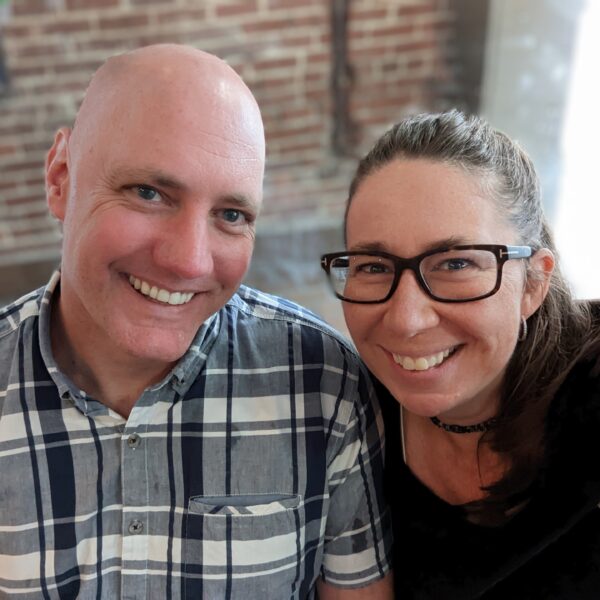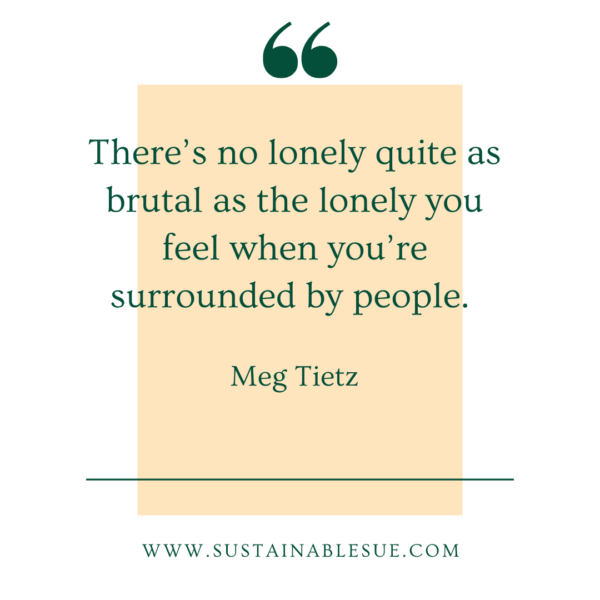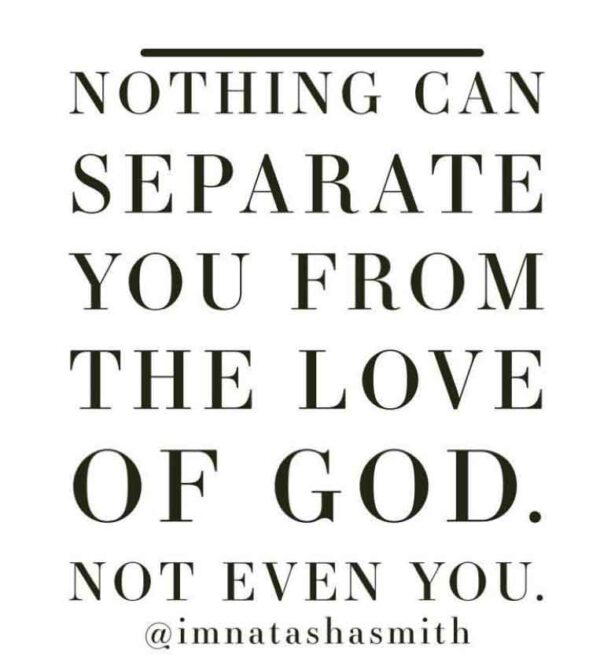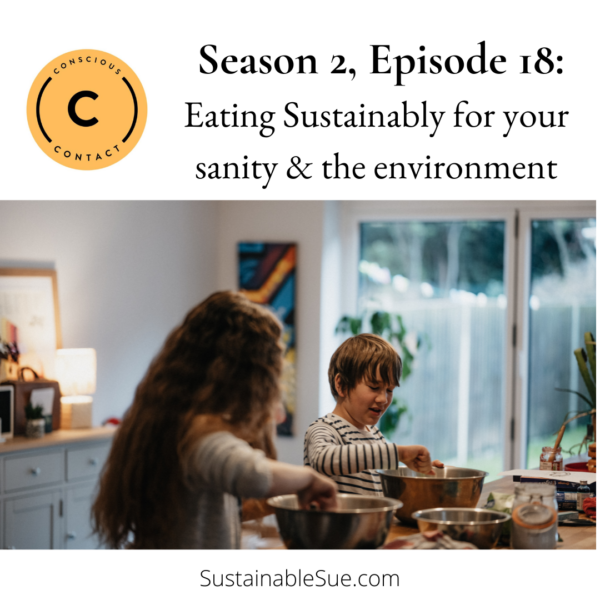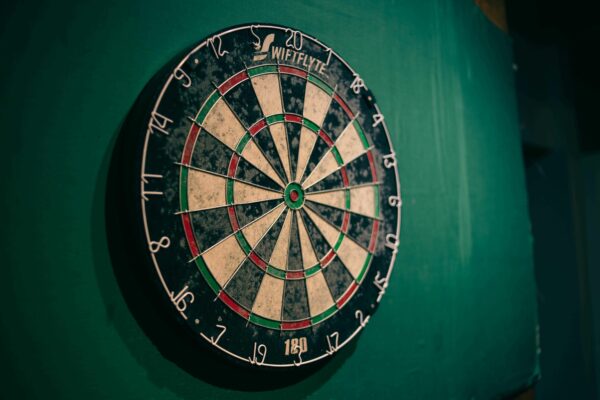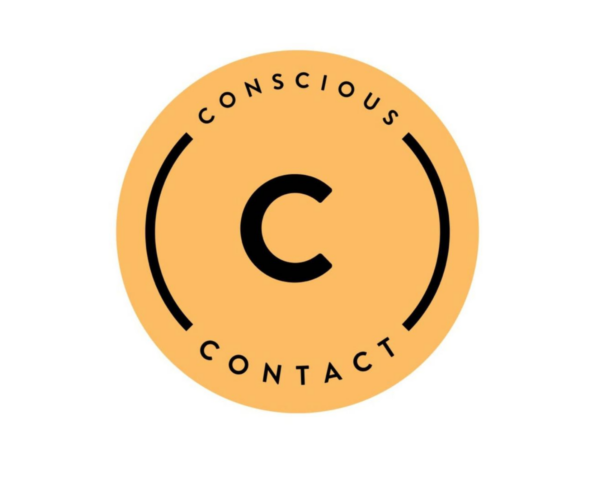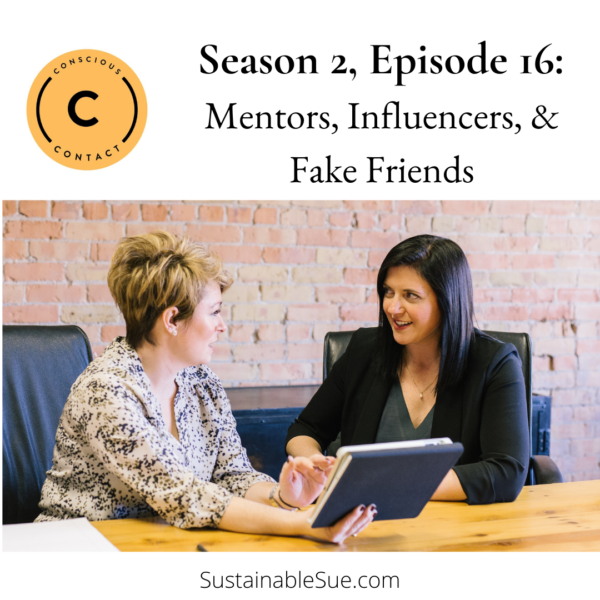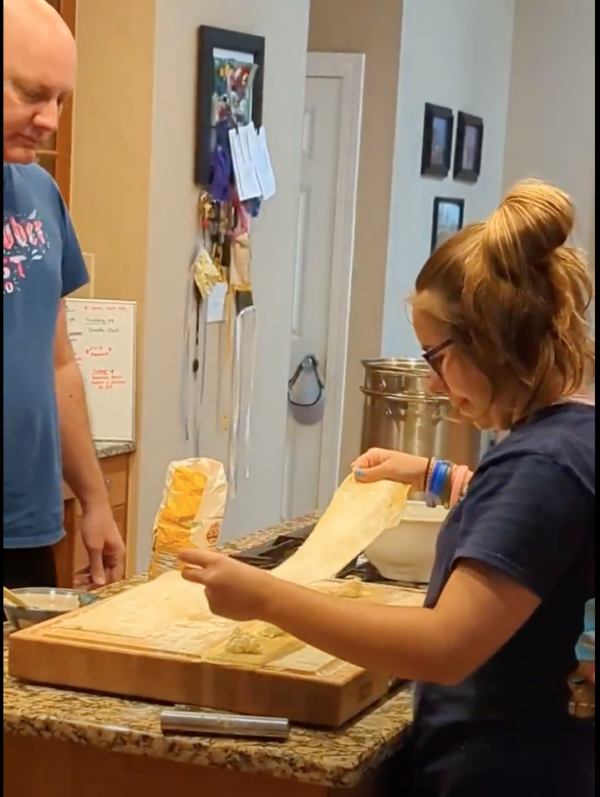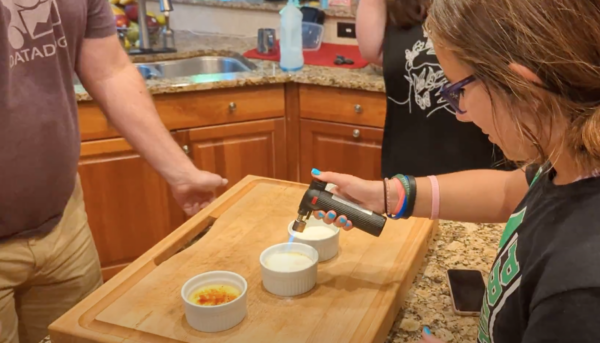Seasonal Transition – Fall 2022
Whether you call is the start of quarter 4, the autumnal equinox, or back to school, we are smack in the middle of a seasonal transition. I want to share what that looks like for me as I hope it will inspire you to think differently about planning.
Goodbye Summer
Seasonal transitions are not just about planning for what is coming up. It is putting an end cap on what just happened. For me this means practical things like cleaning out the pool bag I used all summer and Sustainable Productivity things like reviewing the quarter 3 habit tracker.
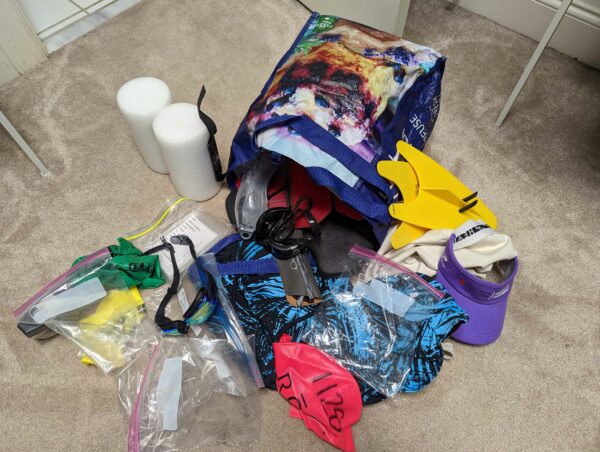
I would like to say I put some kind of ceremony around it or do something special, but I don’t. That would just be one more hurdle to getting it done. But if that brings you joy, please consider doing it. I know some people who love a trip to the coffee shop alone to do their habit check in. Or others who buy a new pool bag each year. They fine significant closure to throwing this year’s pool bag in the trash after thanking it for its service.
Find what works for you do the wrap up portion of the seasonal transition before looking ahead.
Hello Fall
Looking ahead in seasonal transitions seems more intuitive for most people. You may set quarterly goals or draft a list of fun things to do in the coming months. The biggest impact for me going from summer to fall is the change in weather. It was 48 degrees when I walked the dog this morning and I am still freezing. So part of our seasonal transition is getting the fire place ready to use and digging out the space heater for my office. I try to put this off as long as I can, but I think I have hit my limit.
One new thing I am doing for the 2022 seasonal transition is to make a fall fun list. This feels very out of character for me as I rarely whimsical. I am not the family fun planner. But now that I am 48 perhaps I don’t need to be a curmudgeon anymore!
I have no idea what to put on this list, but by putting it out into the world, I am inviting accountability to this new add to my seasonal transition checklist.
Your Turn
Help a sister out and let me know what is on your fall fun list!
